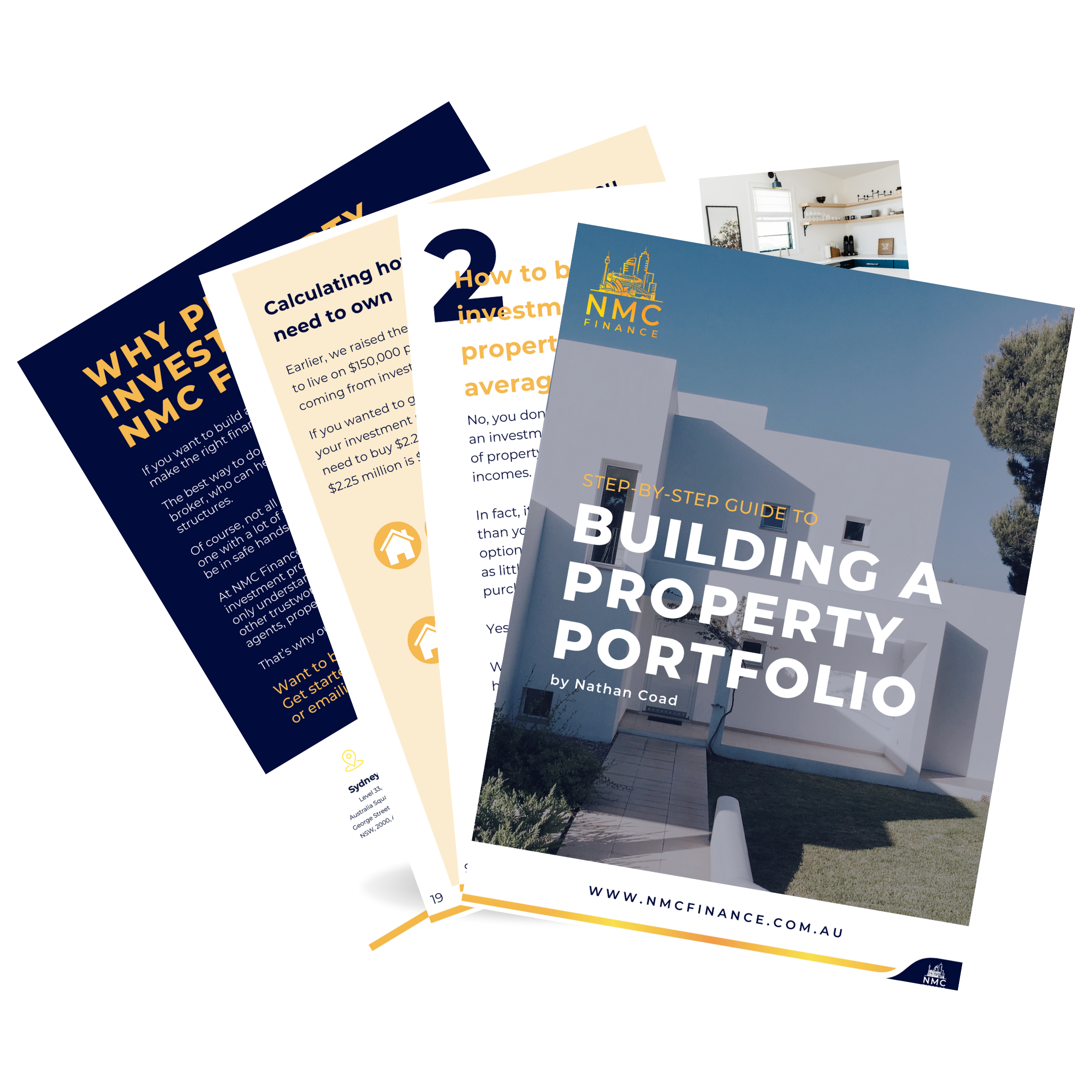When the equity in a first home starts to build, it is common to face a major decision: is it better to upgrade to a more desirable home, or invest in a second property?
Both choices have clear benefits, but each comes with different financial implications and long-term impacts.
For those weighing up their next move, this guide will help clarify the key differences and decision-making points to consider.
The case for upgrading
Upgrading typically involves selling the current home and purchasing a new one that better suits lifestyle goals.
This might mean a larger property, a better suburb, or proximity to preferred schools and amenities.
Here are some reasons people choose to upgrade:
- Improved lifestyle: A larger home, more outdoor space, or a preferred location can significantly enhance quality of life.
- Long-term capital growth: Moving to a high-demand suburb may deliver strong appreciation over time.
- Family planning: A growing family may need more bedrooms or a better school catchment.
Points to keep in mind:
- Upgraded homes usually come with higher repayments
- Selling and buying involve transaction costs such as stamp duty and agent fees
- Lifestyle-focused moves do not generate rental income
The case for investing
Rather than selling the existing home, some property owners choose to purchase a second property as an investment.
This is often part of a long-term wealth-building strategy.
Benefits of investing include:
- Rental income: A tenant can help cover the mortgage, easing the financial pressure.
- Tax benefits: Investment properties may offer deductions for loan interest, maintenance, and depreciation.
- Portfolio growth: Holding two properties can lead to stronger long-term asset growth.
Considerations include:
- Investors need to manage both mortgages and potential vacancies
- Rental markets vary, so it is important to select the right location and property type
- Investment properties come with responsibilities such as maintenance and compliance
Key factors to compare
Before deciding which path to follow, it is helpful to break down the main areas of difference. Each factor will influence both short-term affordability and long-term outcomes.
1. Financial position
Assess whether your current income can support a higher home loan or two concurrent loans. Lenders will evaluate both options differently.
2. Lifestyle needs
If the current home no longer meets practical needs or future plans, an upgrade may provide more day-to-day value.
3. Risk tolerance
Property investment involves holding debt against two properties, which increases exposure to market shifts. It is important to feel comfortable with the risk.
4. Tax and cash flow
An investment property may reduce taxable income, but cash flow still needs to be sufficient to cover expenses during vacancies or interest rate rises.
5. Market conditions
Some markets offer stronger investment potential, while others may be more suited to owner-occupiers. Analysing current trends can guide the decision.
Using equity to fund the move
Equity built up in a current home can be used as a deposit for either an upgraded property or an investment.
This can reduce the need for upfront cash and open the door to new opportunities.
Options include:
- A loan top-up or refinance to release funds
- A cross-collateralised loan using the existing home as security
- Structuring the second loan to preserve access to offset or redraw features
This strategy should always be approached with care and reviewed with a finance professional to ensure it supports the overall financial plan.
The decision to upgrade or invest is deeply personal and depends on current circumstances, long-term goals, and financial capacity.
Seeking guidance from a broker can help assess the numbers, review available options, and structure the finance to suit either pathway.
This blog is intended for general informational purposes only. For personalised advice tailored to your unique financial situation, please contact NMC Finance.

